Other groups to lead additional days, culminating in Montgomery
Joining the Rainbow Coalition and Transformative Justice Network, campaign co-chairs William J. Barber II and Liz Theoharis emphasize importance of voting rights for economic justice
Contact: Martha Waggoner | [email protected]
Bishop William J. Barber II and the Rev. Dr. Liz Theoharis joined a national news conference on Friday to announce that, on the way to the Poor People’s and Low-Wage Workers’ Assembly and March on Washington and to the Polls on June 18th, they will lead the first day of a recommitment march for voting rights advocates in Selma, Alabama.
In their remarks, the co-chairs of the Poor People’s Campaign: A National Call for Moral Revival noted that the fight against voter suppression did not start this year.
The Poor People’s Campaign will be in Selma from Friday, March 4, through Sunday, March 6. Bishop Barber and Rev. Theoharis will lead the 11-mile walk from Selma on Monday and participate in the conclusion of the march in Montgomery on Friday, March 11.
In 2013, when the Supreme Court gutted Section 5 of the Voting Rights Act, Justice Ruth Bader Ginsberg warned that the nation would see an onslaught of voter suppression tactics.
For nine years, Democrats and Republicans in Congress have had the opportunity to reauthorize the VRA and expand voting rights. Even on the 50th anniversary of the Selma campaign, when President Obama came to commemorate the occasion, there was bipartisan celebration of progress in the past, but no commitment to expand and protect voting rights today. Neither was voting rights a major campaign issue in the presidential races of 2016 and 2020.
The Poor People’s Campaign also insists that we must connect voter suppression to the suppression of living wages, healthcare and economic justice. The fear of Black people joining a coalition with the political power to shift the economic architecture of the country has always driven voter suppression. This is why Rev. Dr. Martin Luther King Jr. never talked about voting rights apart from economic justice. This is why the original march from Selma to Montgomery was diverse. We must continue to build a fusion coalition for voting rights and economic justice today.
One-third of America’s poor live in the South, where poor and low-income people make up over 40% of the eligible voting age population in most states in the region. We have an opportunity to galvanize enough of this demographic to change the South and change the nation. Selma cannot be a commemoration. It must be a re-commitment. We cannot come just for an anniversary. We must gather to build momentum for the largest mass demonstration of poor and low-wealth people in US history on June 18, 2022.
###

